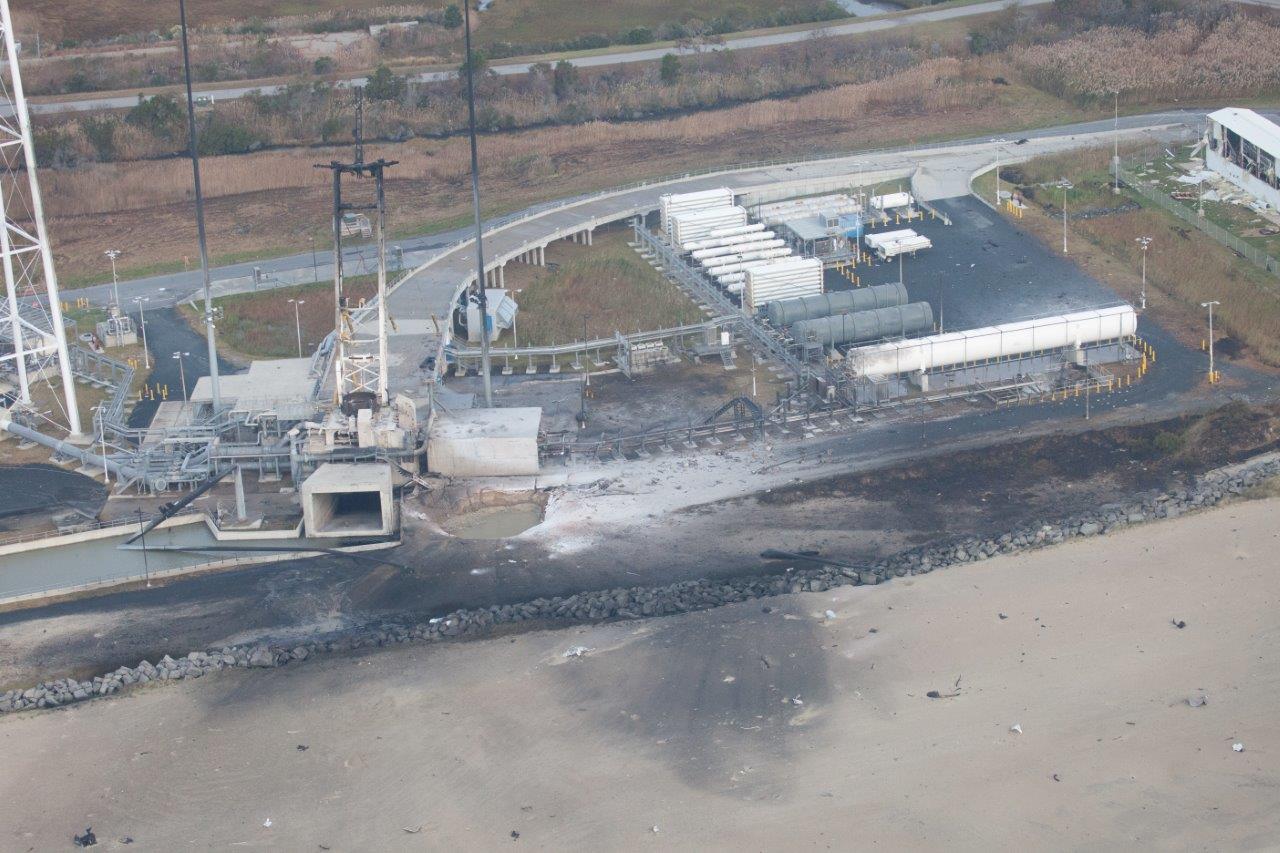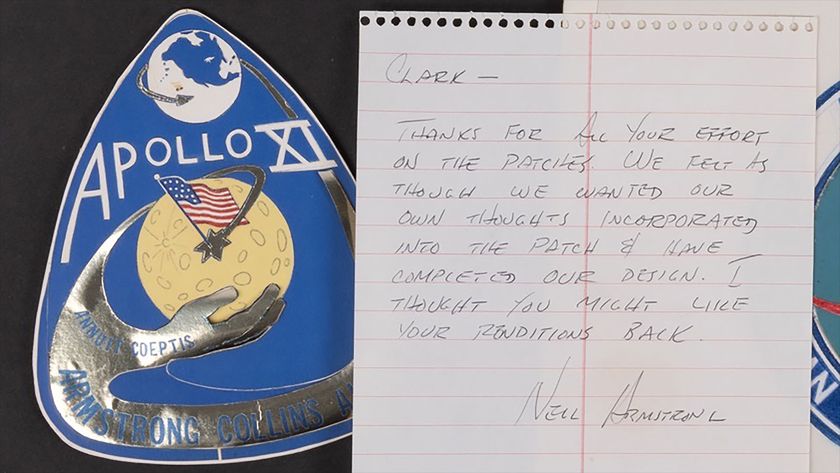Private Cargo Spacecraft Gets New Rocket Ride After Accident

A privately built robotic cargo spaceship has a new ride to the International Space Station following an October rocket explosion.
The aerospace firm Orbital Sciences holds a $1.9 billion NASA contract to fly robotic supply missions to the space station using the company's Cygnus spacecraft. But since the explosion of one of Orbital's Antares rockets just after launch in late October, those missions have come to a halt. The company now has a contract with United Launch Alliance to launch Cygnus on up to two cargo runs atop ULA's Atlas V rocket in the next two years, representatives announced today (Dec. 9).
"Orbital is pleased to partner with ULA for these important cargo missions to the International Space Station," Frank Culbertson, Orbital executive vice president and general manager of its Advanced Programs Group, said in a statement. "ULA’s ability to integrate and launch missions on relatively short notice demonstrates ULA's manifest flexibility and responsiveness to customer launch needs." [Antares Rocket Explosion in Pictures]
Orbital will use the Atlas V to launch at least one Cygnus to the station in late 2015, with another mission possible, if needed, in 2016 while the company changes out the engines used in the first stage of its Antares rocket. Cygnus will be able to carry 35 percent more cargo during its missions on the Atlas V than it was able to with the first version of Antares, Orbital representatives said.
Orbital Sciences was already planning on updating or replacing Antares' AJ26 rocket engines — which are refurbished versions of engines built by the Soviet Union during the 1960s and 1970s — with new first-stage engines when the accident at NASA's Wallops Flight Facility in Virginia occurred. Officials now think a flaw in the AJ26 engine could be to blame for the launch mishap, which caused no injuries but did significant damage to the launch pad.
Representatives with Orbital Sciences also report that they expect to begin launching Cygnus missions to the station with the upgraded Antares in 2016.
"The greater payload performance of the upgraded Antares will permit Cygnus spacecraft on each of these missions to deliver over 20 percent more cargo than in prior plans," Orbital Sciences representatives said in a statement. "With necessary supplier contracts now in place, the first new propulsion systems are expected to arrive at the Antares final assembly facility at Wallops Island, Virginia in mid-2015 to begin vehicle integration and testing."
Get the Space.com Newsletter
Breaking space news, the latest updates on rocket launches, skywatching events and more!
The Cygnus resupply missions launching atop Atlas V rockets will take flight from Cape Canaveral, Florida, not Virginia, where Antares rockets launched before the Oct. 28 accident. Officials now think that it will take until autumn 2015 for the damage caused by the Antares explosion to be fixed.
Orbital isn't the only company flying unmanned cargo missions to the space station. The private spaceflight company SpaceX holds a $1.6 billion contract with NASA to fly 12 missions to the station using the company's Dragon capsule and Falcon 9 rocket. SpaceX is currently scheduled to launch its fifth cargo mission to the station on Tuesday (Dec. 16) from Florida.
Follow Miriam Kramer @mirikramer. Follow us @Spacedotcom, Facebook and Google+. Original article on Space.com.
Join our Space Forums to keep talking space on the latest missions, night sky and more! And if you have a news tip, correction or comment, let us know at: community@space.com.

Miriam Kramer joined Space.com as a Staff Writer in December 2012. Since then, she has floated in weightlessness on a zero-gravity flight, felt the pull of 4-Gs in a trainer aircraft and watched rockets soar into space from Florida and Virginia. She also served as Space.com's lead space entertainment reporter, and enjoys all aspects of space news, astronomy and commercial spaceflight. Miriam has also presented space stories during live interviews with Fox News and other TV and radio outlets. She originally hails from Knoxville, Tennessee where she and her family would take trips to dark spots on the outskirts of town to watch meteor showers every year. She loves to travel and one day hopes to see the northern lights in person. Miriam is currently a space reporter with Axios, writing the Axios Space newsletter. You can follow Miriam on Twitter.


